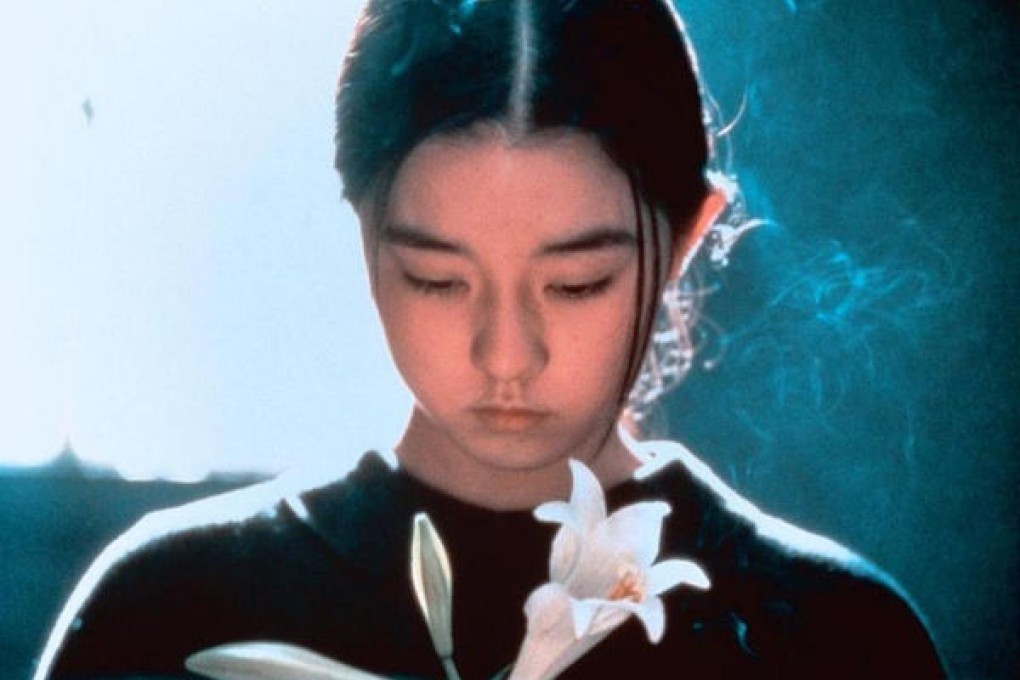Postcard: Tokyo
Ask Japanese film critics and scholars for the names of their country's most important directors of the 1990s and their lists will probably start with Takeshi Kitano, Takashi Miike and Kiyoshi Kurosawa

Ask Japanese film critics and scholars for the names of their country's most important directors of the 1990s and their lists will probably start with Takeshi Kitano, Takashi Miike and Kiyoshi Kurosawa - all avatars of the era's New Wave. But back in the mid-1990s, Shunji Iwai struck me as most likely to be the decade's golden boy director.
At that time Japanese indie films, including those by Kitano, Miike and Kurosawa, mostly played to small, male audiences in a handful of cinemas for short runs, before making a quick transition to video. Iwai's first full-length feature Love Letter initially followed this pattern, opening in just five Tokyo area cinemas in 1995.
But this romantic drama about a lonely woman (Miho Nakayama) who writes a letter to a dead lover - and gets a reply - was soon playing to standing room-only crowds. I saw it in a Shibuya cinema packed with trendy young women who would normally never watch Japanese movies.
Iwai, whose filmography included music videos, TV commercials and TV dramas, as well as award-winning short films, was little like the grizzled industry veterans then making the majority of commercial movies - or for that matter the stereotypical chin-stroking indie filmmaker. Instead, in person, he reminded me of a hero in a girls' romance manga, down to his long, copper-coloured hair, even while caustically commenting on the local industry's allergy to digital technology and the need to appeal to young audiences.
Iwai's most ambitious attempt to do just that was Swallowtail Butterfly, his 1996 follow-up to Love Letter. Like that breakout film, it was digitally storyboarded by him and shot by Noboru Shinoda with the sort of hand-held intimacy and eye-grabbing visual effects then found more on MTV than in local films. In fact, it featured rock/pop singer Chara - who had also appeared in Iwai's Picnic - in several MTV-like performance scenes, including one featuring the film's theme song, Swallowtail Butterfly.
The film, however, is more than the sum of its music video clips, commenting as it does on the gold rush, grab-it-while-you-can mentality of bubble-era Japan, as well as the unsettling social changes, such as an upsurge of xenophobia, caused by an influx of Third World foreigners who saw Japan as an Asian El Dorado. But it's quite unlike the usual Japanese "social problem" film in that it's set in a near-future Tokyo where immigrants live in a shantytown and prey on passers-by with various scams and hustles.